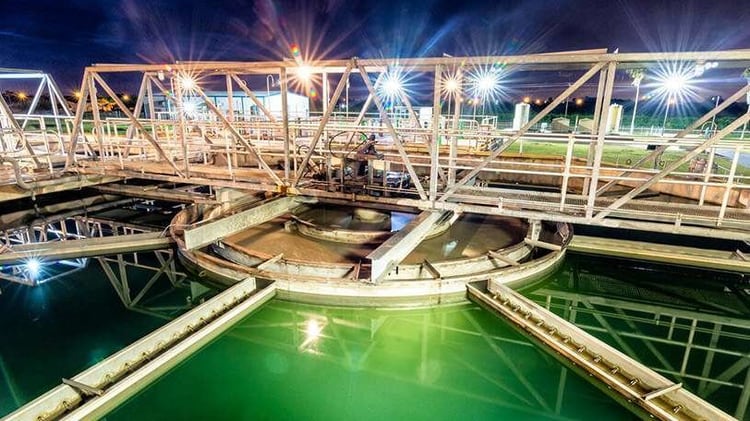The Diplomat
The Government defends the granting of a refundable loan of up to five million euros to Morocco for the construction of two water treatment plants, arguing that this could help Spanish companies to win contracts in this area in the numerous projects planned by the Alawi kingdom.
In a parliamentary response, to which Europa Press had access, the Executive explains to the MP Pablo Cambronero the reasons why “the Government of Pedro Sánchez and Co. prefers to invest in the neighbouring country, thus abandoning many Spaniards who see how nothing is done to prevent their ruin and lack of supply” due to the drought in Spain.
Cambronero had been interested in knowing the government’s arguments to justify the granting by the Council of Ministers of an untied refundable credit of up to 5 million euros and charged to the Fund for the Internationalisation of Enterprise (FIEM), to the Moroccan National Office of Electricity and Drinking Water (ONEE) to finance the turnkey supply project of two water treatment plants in Zag and Moulay Brahim.
In its response, the government stresses that Morocco is “the main recipient market for Spanish exports in Africa”. According to the latest data from the Ministry of Industry, Trade and Tourism consulted by Europa Press, exports to this country have increased by 18.6% in the first quarter of the year to reach 3,250.8 million euros and in 2022 amounted to a total of 11,748.2 million, 23.8% more than in 2021.
Likewise, the Alawi kingdom “is considered a priority country for Spanish companies in the PASE (Countries of Strategic Sectorial Action) and Horizon Africa strategies”, explains the government.
On the other hand, it stresses that Spain has become a “world reference” in the water sector, “especially in desalination and drinking water treatment, with large business groups capable of undertaking complex projects on all continents”.
The Government stresses that “turnkey projects of this type of plant have a very significant Spanish component, in technological elements such as pumps, valves and control elements”.
The projects for which financing has been approved are small in size and form part of an “ambitious programme of water treatment and desalination plants to combat water stress” planned by the neighbouring country.
Among the most immediate medium-large projects in the framework of this programme are four desalination plants to be built in the cities of Casablanca, Dakhla, Safi and Nador. According to the government, Spanish companies are currently participating in some of these bidding processes and in some cases have been pre-qualified.
Given that Morocco plans to install another twenty seawater desalination plants by 2050, the government considers that “collaboration with the ONEE, the responsible bidding body, could be essential to ensure that the Spanish bidding companies are awarded projects of a much larger size than the financing in question”.
Thus, the government’s response states, “this reimbursable financing would seek closer cooperation with Morocco in the water sector and, in particular, with the ONEE, in order to support our companies present in the market and in a sector where the Spanish offer and supplies are particularly competitive and the projects in the country’s portfolio have a very high value”.







